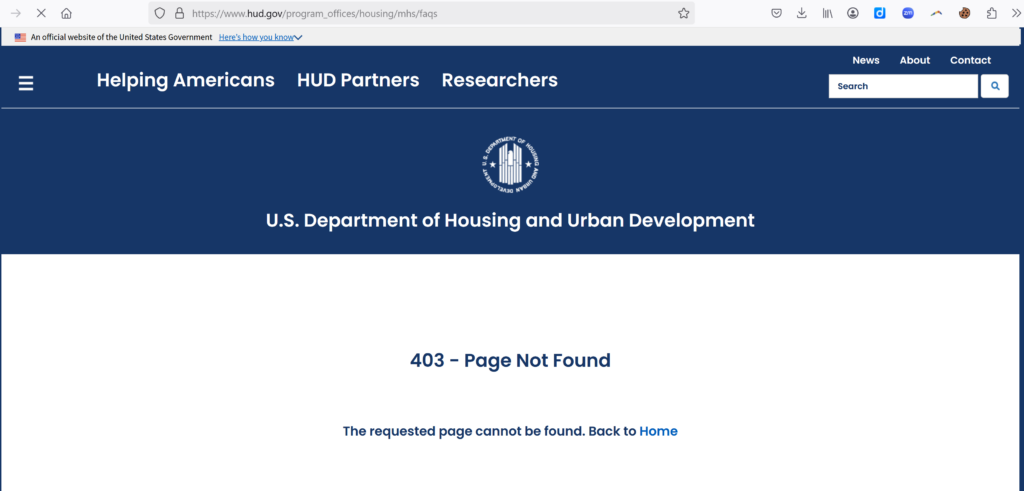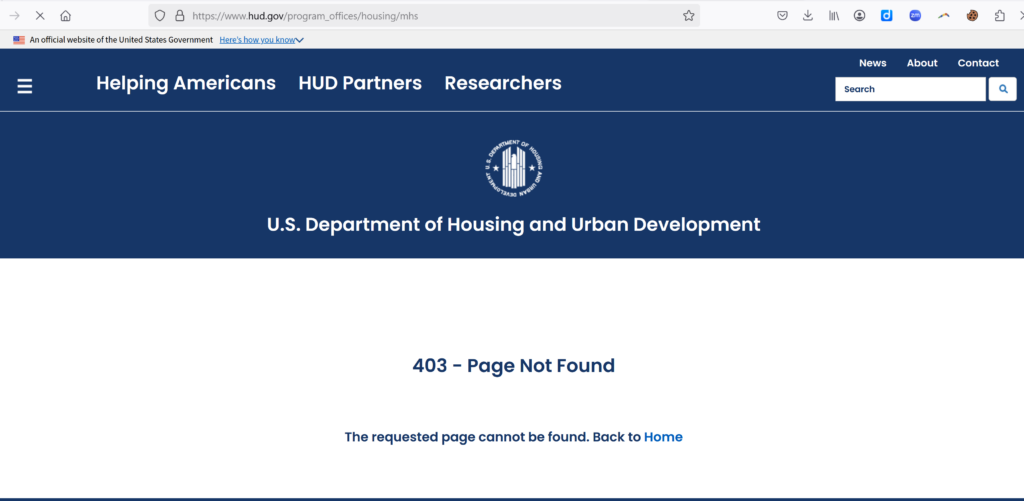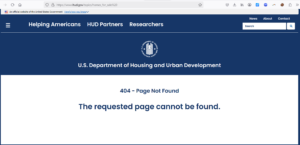Senate bill SB15 has been passed on the Texas Senate floor and has been sent to the Texas House. The bill’s authors are Bettencourt (R), Campbell (R), Creighton (R), Gutierrez (D), Hagenbuch (R), Hughes (R), Middleton (R), Nichols (R), Paxton (R) and West (D). Co-authors are Johnson (D), Kolkhorst (R) and Parker (R).
There’s an identical bill in the House, HB3919. Bill author? Gates (R). This bill was just referred to the House Land & Resource Committee.
What are these Republican legislators thinking? Why would they do this to any municipality: legislatively remove their right to zone their municipality as they see fit and as their residents desire via public hearings?
Sec. 211.052. APPLICABILITY. (a) This subchapter applies only to a municipality that:
(1) has a population of more than 150,000; and
(2) is wholly or partly located in a county with a population of more than 300,000.
According to 2020 census data, there are 19 affected municipalities: Houston, San Antonio, Dallas, Austin, Fort Worth, El Paso, Arlington, Corpus Christi, Plano, Lubbock, Laredo, Irving, Garland, Frisco, McKinney, Grand Prairie, Brownsville, Killeen, and Denton. And, there are 6 or more that will likely be affected after the 2030 census.
How long before those numerical restrictions change? Next session? Or the one after that? How long before a developer sues over the population applicability of this proposed statute should it become law?
These bills are an outrageous intrusion by the legislature into local growth and zoning. They demand that any currently unplatted lot over 5 acres must be zoned at 31.1 units per acre. Both bills say:
(b) A municipality may not adopt or enforce an ordinance, rule, or other measure that requires:
(1) a residential lot to be:
(A) larger than 1,400 square feet;
(B) wider than 20 feet; or
(C) deeper than 60 feet; or
(2) if regulating the density of dwelling units on a residential lot, a ratio of dwelling units per acre that results in fewer than 31.1 units per acre.
Yes, you read the right. A municipality will lose control of zoning, not being allowed to require lots to be larger than 1,400 square feet.
There’s nothing in these bills that takes into account slopes, flood plain, wetlands or any other topographic impediment to small lot development. It says nothing about sewer, septic, water, parkland, open space or any other infrastructure. It makes no exception for home-rule municipalities. It’s as if every lot is just a flat sheet of paper on which one can draw roads and lot lines.
Only due to an amendment from the Senate floor can these municipalities zone larger lots over an aquifer. Well, isn’t that a nice hat-tip to our water needs?
The fiscal note for this bill in the Senate is a joke. It says “No significant costs to state agencies are anticipated.” Really? What about schools? Health care services? Road repair? Water resources?
According to the EPA, “The average American uses around 82 gallons per day per person in the household. That means a family of four would use around 10,000 gallons in a 30-day period.” And, in dryer areas like Texas, that use is higher.
Small lot zoning of 1,400 square feet, 31 to the acre, would require 310,000 gallons of water per month per acre. For a five acre lot, that is 1,550,000 gallons of water per month for just one such 5-acre development. And, these bills don’t limit that density to just five acres. Imagine the water needs of that density across a 20-acre development!
Schools? According to TEA, average state revenue to school districts and charter schools per student is $5,809. In the US, there are an average of 1.94 children per household. Even if we use only 1 child per household for these small homes, on average, that’s 31 children per developed-acre added into a school system. The cost to the State of Texas? $900,035 in required state funding annually for one 5-acre development. And, that doesn’t even address the local property tax contribution to a child’s education.
Morris County NJ was the 9th highest per-capita income county in the United States when I lived there. It’s the only state where property taxes are higher than Texas. Affordable housing is a major issue there as well. What we found, though, was that small lot zoning was very, very expensive to our property taxpayers because of the costs of services to support it.
In the mid-1980s, every municipality in NJ was mandated by the NJ Supreme Court to build its “fair share” of low and moderate income housing. This wasn’t Section 8 housing. It was low income housing for those who were under 50% of the median income for our Primary Metropolitan Statistical Area. Moderate income housing was for those whose income was 50% to 80% of the median income for our Primary Metropolitan Statistical Area. No renter could pay more than 30% of their gross income in rent. Originally, housing numbers were assigned by the courts. Subsequently, a Council on Affordable Housing determined each municipality’s “fair share”. Developers could build 5 or 6 market value townhouses for every one low/moderate income unit they provided. Housing was built and developers made millions and millions. All in the name of providing “affordable housing”.
The costs to municipalities? Schools, roads, police. Our town was 5,000 housing units, mostly small formerly summer cottages for New Yorkers that in the 1950s had been turned into year round homes. They were on small lots. Yet, we were ordered to build 924 units of low & moderate income housing. With the market-value density bonus, that would have been 5,400 new housing units to be built in 6 years. The impacts would have been devastating. Hence the fight. Hence my raising my hand to say “Someone needs to stop this.” Cripe, our town fought hard against 6 or 7 to the acre, not 31.1 as demanded in these TX bills. Yes, we built housing, some family, some seniors, some townhouses, some duplexes. And yes, the demand for services significantly increased. And no, property taxes did not go down. In fact, they went up.
What are these TEXAS Republican legislators thinking? Apparently, they are not. The same old story: developers make millions and taxpayers are left paying the bill.
SUMMARY OF THIS BLOG AS SUBMITTED TO THE LAND & RESOURCES COMMITTEE OF THE TEXAS HOUSE on march 28, 2025.
DO NOT PASS THIS BILL. To read my full blog post on it, use this link: https://republicancarol.org/why-do-i-feel-like-im-back-in-nj/ Along with 5 citizens, I started a citizens group to fight mandated low and moderate income housing in NJ in the 1980s. I spent 8 years on the Planning Board, 6 years on the Town Council and 4 years as Mayor in Denville Township NJ as a result. I never thought I’d see this in Texas. Here, it’s y’all in the legislature. There, it was the courts. The density given to developers in our case was 6 or 7 units/acre. This TX bill forces THIRTY ONE units per acre! The Senate fiscal report totally ignores the consequences to local municipalities and the State of Texas for such forced high density. There are those that actually cost taxpayers: schools, roads, police, healthcare, other municipal services. Then there are the resources: water, sewage treatment, loss of wetlands, runoff, flooding, parks, open spaces. This bill mandates 31 units/acres on 5 acres OR MORE.
Let’s talk water requirements: According to the EPA, “The average American uses around 82 gallons per day per person in the household. That means a family of four would use around 10,000 gallons in a 30-day period.” And, in dryer areas like Texas, that use is higher. Small lot zoning of 1,400 square feet, 31 to the acre, would require 310,000 gallons of water per month per acre. That is 1,550,000 gallons of water per month for just one such 5-acre development. For 2 people per household, that’s still 775,000 gal/month/5-acre development. And, these bills don’t limit that density to just five acres. Imagine the water needs of that density across a 20-acre development!
Schools? According to TEA, average state revenue to school districts and charter schools per student is $5,809. In the US, there are an average of 1.94 children per household. Even if we use only 1 child per household for these small homes, on average, that’s 31 children per developed-acre added into a school system. The cost to the State of Texas? $900,395 in required state funding for one 5-acre development. And, then there’s the local property tax contribution to a child’s education. How many of these developments will there be? According to 2020 census data, there are 19 affected municipalities. How long before those numerical restrictions change? Next session? Or the one after that? How long before a developer sues over the population applicability of this proposed statute should it become law? And, what if they win so every developer gets this benefit in every municipality? The legislature will have created a nightmare in Texas.
NJ is the only state with property taxes higher than TX. And, forced high-density low & moderate income housing did nothing but drive them up. This is the same old story. Developers get more density, make millions, and taxpayers are left paying the bill. Please tell me I’m reading this bill wrong because if not, this is a horrible idea.
 If I wanted to support the movie industry, I’d go to movies. Think “user fees”. If I use it, I pay. I don’t go to the movies, so why am I being forced to pay for them?
If I wanted to support the movie industry, I’d go to movies. Think “user fees”. If I use it, I pay. I don’t go to the movies, so why am I being forced to pay for them?






